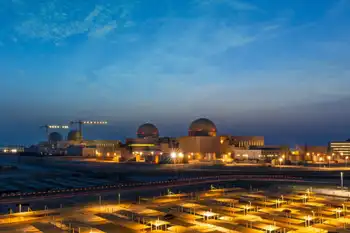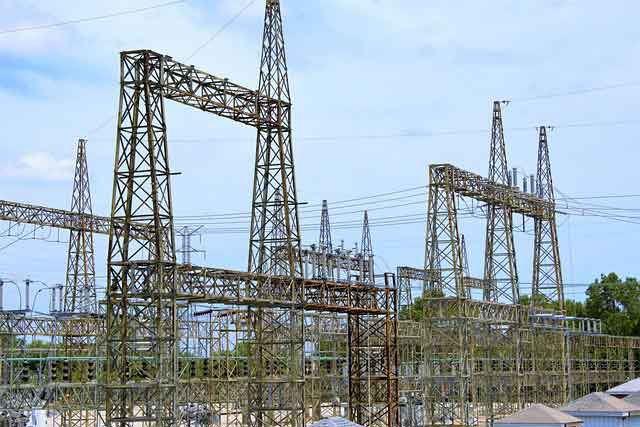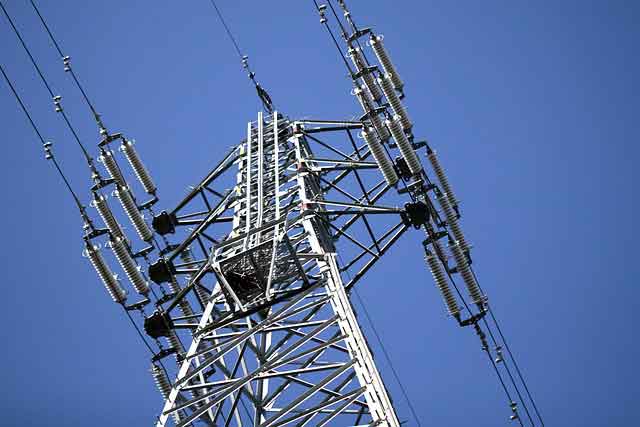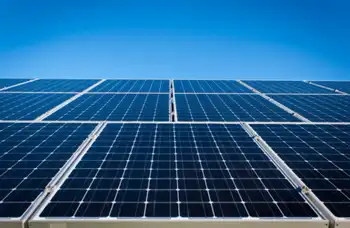Nissan to mass-produce electric cars in 2012
By Associated Press
Protective Relay Training - Basic
Our customized live online or in‑person group training can be delivered to your staff at your location.

- Live Online
- 12 hours Instructor-led
- Group Training Available
Japan's No. 3 automaker said it would unveil its first electric vehicle in Japan on August 2 and begin sales next year.
"We are moving forward with zero-emission vehicles," said Chief Executive Carlos Ghosn at a shareholders' meeting.
Nissan will sell electric cars first in Japan and the U.S. after April 2010, and then mass-produce them globally in 2012.
Along with production in Japan and Europe, Ghosn said Nissan would make electric vehicles in the United States at its Smyrna plant in Tennessee with initial output capacity of more than 100,000 units per year.
"The U.S. is going to be a very important market" for the company's electric vehicle strategy, he said.
"I can tell you I'm not at all worried about how to sell these cars because there is an appetite for zero-emission cars."
Other carmakers are also racing to produce fully electric cars. U.S.-based Tesla Motors has a prototype that is scheduled to be produced by 2011. Toyota Motor Corp. has said it plans to sell electric vehicles in the U.S. by 2012 while Chinese automaker Dongfeng Motor Corp. has teamed up with a Dutch-based company to develop and make electric cars.
Ghosn gave few details, but stressed that Nissan's zero-emission cars will come "with a very reasonable price."
"If it's not affordable, it's not going to work," Ghosn told reporters.
"We are not going to come with a very high price. We are going to come with a reasonable price," he said. "We are here to mass market them."
Earlier in the month, Nissan's smaller rival, Mitsubishi Motors Corp., launched its electric vehicle, the i-MiEV, with a price tag of 4.59 million yen ($48,300). Even the company acknowledged the i-MiEV is too pricey and said it aims to cut the price in the future.
Ghosn said expensive electric cars are "for a niche" market which Nissan doesn't plan to target.
Ghosn brushed off criticism that Nissan is falling behind its bigger rivals — Toyota and Honda Motor Co. — in the increasingly competitive market for gas-electric hybrid vehicles.
Ghosn said the global market for hybrid cars remains too small, with hybrid cars accounting for just 3.5 percent of the Japanese auto market in 2008, and 2.3 percent in the United States.
Globally, the market for hybrid cars is below one percent, Ghosn said, attributing hype over gas-electric cars to heavy media coverage.
The meeting of Nissan shareholders came after the company reported a net loss of 233.7 billion yen in the financial year to March 2009. It was the first time Nissan had sunk to an annual loss since Ghosn took the helm a decade ago under an alliance with Renault SA of France.
Hit by a collapse in demand amid the global economic crisis, the company's sales tanked worldwide. It expects to sell 3.08 million vehicles in the current fiscal year to March 2010, down 9.7 percent year-on-year.
Ghosn said a prolonged slump in the global market is continuing, with sales projections in Japan, the United States and Europe all looking grim this year.
"Is the worst behind us? I don't know. I cannot tell you," he said. Nissan forecast its global market share will stand at 5.7 percent in the current financial year, up just 0.2 of a point year-on-year.











